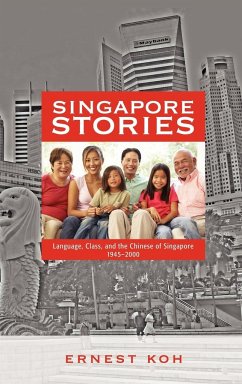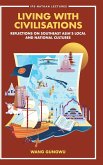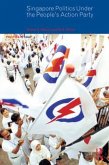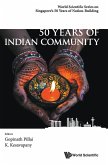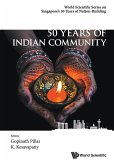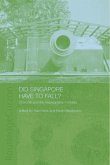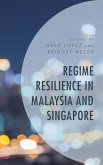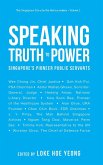The history of Singapore has been widely conflated with the history of its economic success. From its heyday as a nexus of trade during the imperial era to the modern city state that boasts high living standards for most of its citizens, the history of Singapore is commonly viewed through the lens of the ruling elite. Published in two volumes in 1998 and 2000, Lee Kuan Yew's memoirs The Singapore Story epitomizes this top-down definitive narrative of the nation's past. The history of post-war Singapore has largely been reduced to a series of decisions made by the nation's leaders. Few existing studies explore the role and experiences of the ordinary person in Singapore's post-war history. There are none that do this through ethnography, oral history, and collective biography. In a critical study that has no parallel among existing works on Singapore history, this book dispenses with the homogenous historical experience that is commonly presumed in the writing of Singapore's national past after 1945 and explores how the enforcement of a uniform language policy by the Singapore government for cultural and economic purposes has created underappreciated social and economic divides among the Chinese of Singapore both between and within families. It also demonstrates how mapping distinct economic, linguistic, and cultural cleavages within Singaporean Chinese society can add new and critical dimensions to understanding the nation's past and present. Chief among these, the author argues, are the processes behind the creation and entrenchment of class structures in the city state, such as the increasing value of English as a form of opportunity-generating capital.
Hinweis: Dieser Artikel kann nur an eine deutsche Lieferadresse ausgeliefert werden.
Hinweis: Dieser Artikel kann nur an eine deutsche Lieferadresse ausgeliefert werden.

